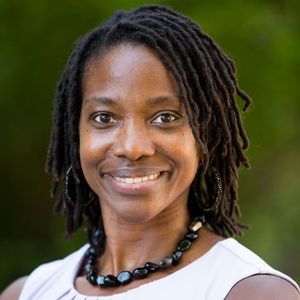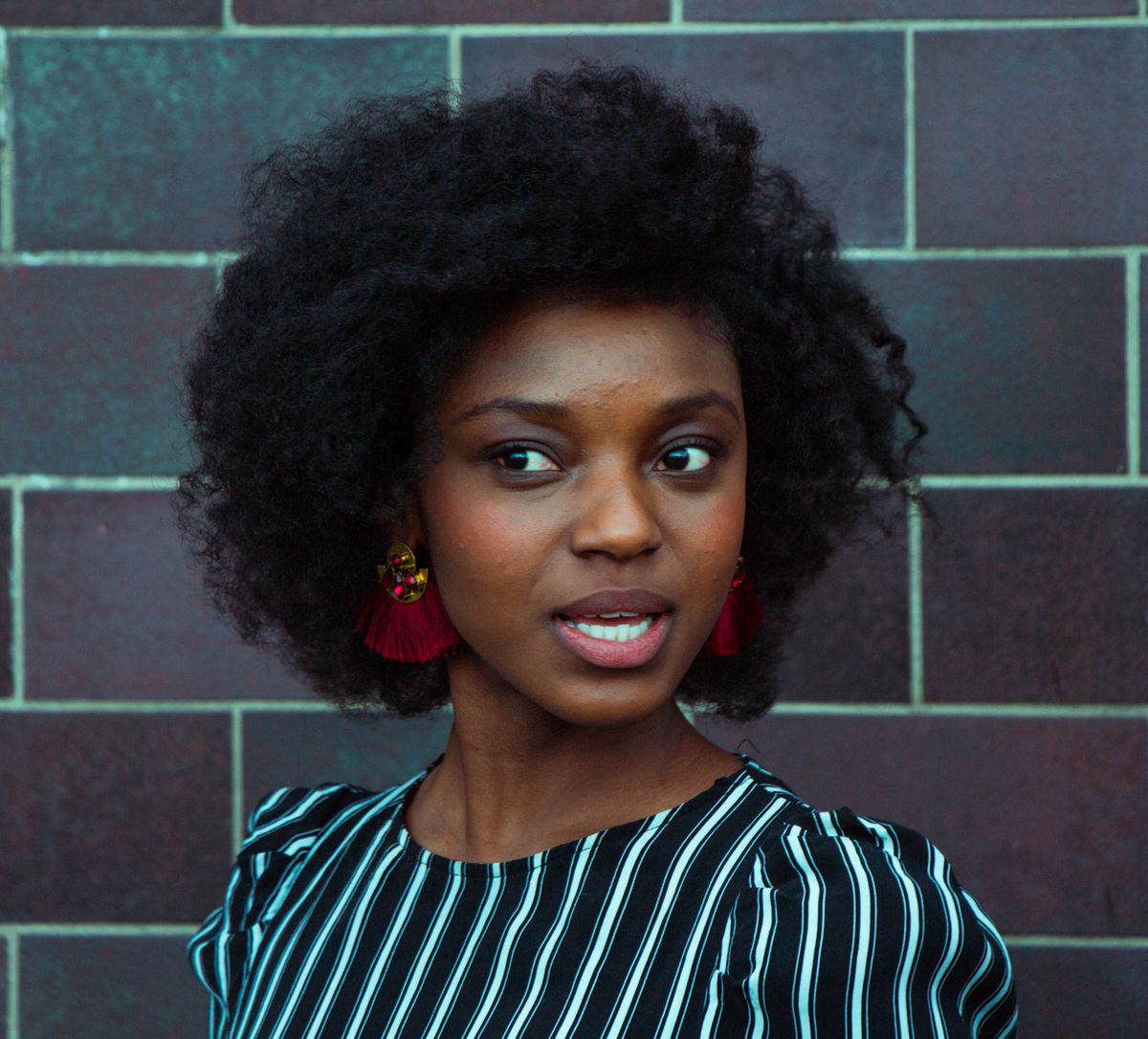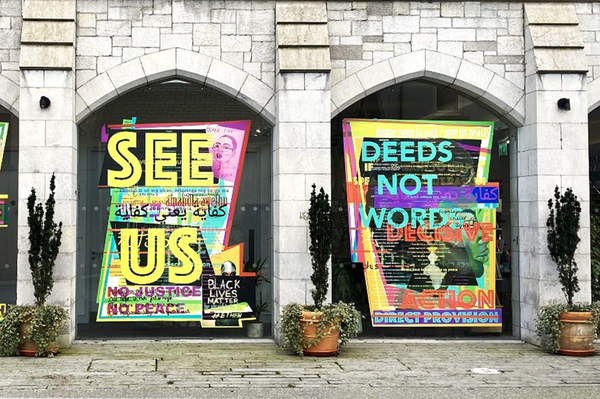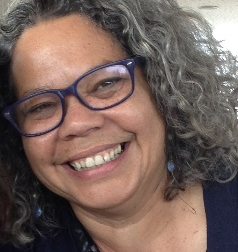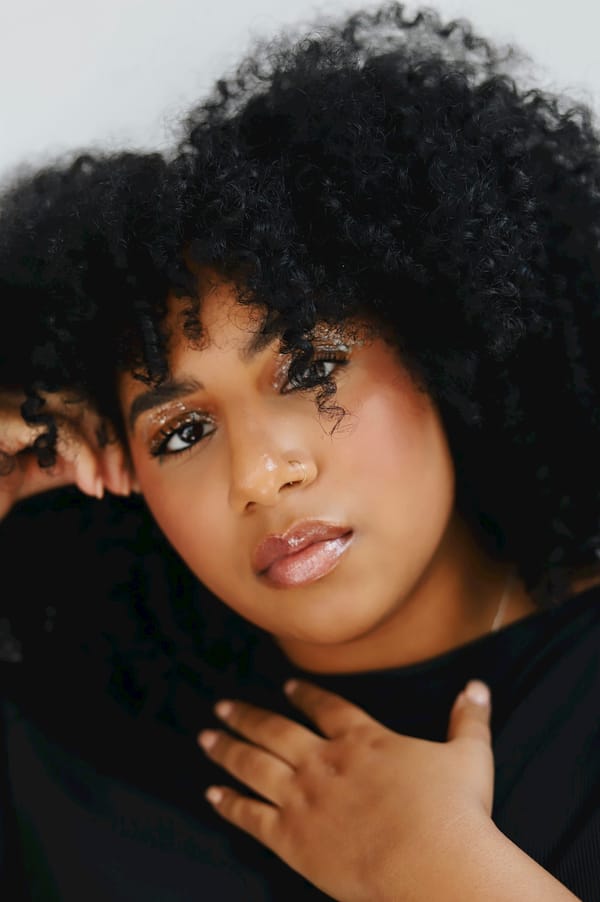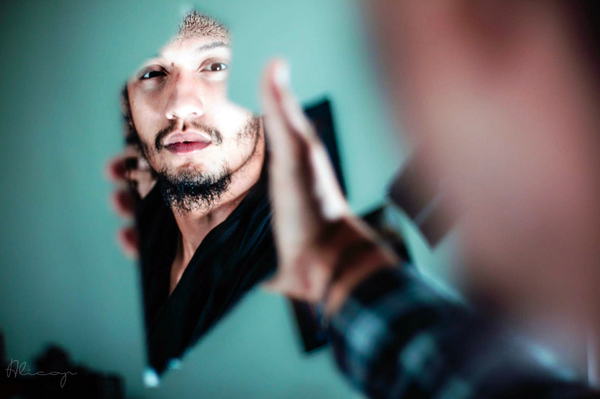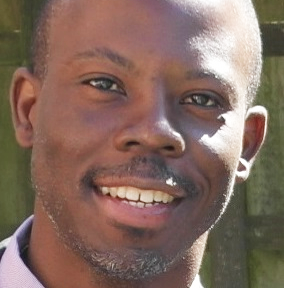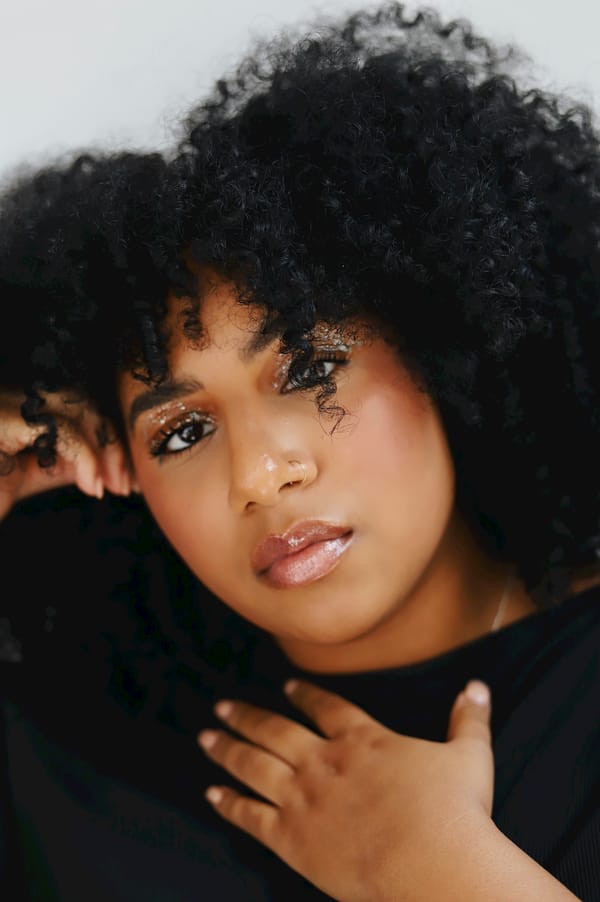Bias Defined
Before I start, though, let’s get on the same page with the definition of bias. If you do a Google search, you will find several definitions and types. According to Merriam-Webster Dictionary, bias is–
a: an inclination of temperament or outlook, especially: a personal and sometimes unreasoned judgment: prejudice.
b: an instance of such prejudice.
c: bent, tendency.
I’m not a big fan of this definition because it doesn’t tell me exactly what a bias is. An example would help me to understand this concept better, but maybe this one resonates with you.
Cambridge Dictionary defines bias a little differently–
the action of supporting or opposing a particular person or thing unfairly, because of allowing personal opinions to influence your judgment.
This definition is ok. I understand this bias definition better, but an example would be helpful. However, this one may resonate with you as well.
The following definition from Impactly, Inc. is the one I like best–
Personal bias refers to learned beliefs, opinions, or attitudes that people are unaware of and often reinforce stereotypes. These personal biases are unintentional, automatic, and inbuilt, leading to incorrect judgments.
This definition helped me to understand that I have opinions or beliefs I’m unaware of that lead to incorrect judgments. The words unaware, unintentional, inbuilt, and judgments all helped to clarify the meaning for me.
Biases can be conscious or unconscious. According to the School of Art Institute of Chicago, “Conscious biases are biased attitudes about a group we are aware of, can be (in)visible; can be accessed.” While unconscious biases operate outside your awareness and control, they are often “difficult to access or be aware of, and influence your action more than conscious biases.”
What does all this mean for us? We all have conscious and unconscious biases. Some we are aware of, and some we aren’t. When it comes to our personal biases, we don’t know what we don’t know unless someone brings to our attention something we’ve said or done, or we are doing the work to discover our biases.
My Journey
Now let’s get into my journey. A co-worker suggested I attend a Deconstructing Racism workshop in North Carolina because of my passion for diversity, equity, and inclusion. The workshop was designed for participants to analyze and understand the legacy of race and racism in the United States. After my co-worker explained what she learned and I read more about the workshop, I signed up to attend the November 2022 session.
The workshop was one of the best and most exhausting I’ve participated in. I learned so much that I didn’t know about racism. At the end of the first day, we were asked to return the next day with three biases we had. I thought the assignment would be easy because I know we all have biases.
Once I got home, I did my “home” duties, relaxed, and started thinking about my biases. It didn’t take long for me to realize this would be harder than I thought. I couldn’t think of one bias I had! How could this be? I knew I had them, but I guess that’s why so many of them are “unconscious.” After a few minutes of thinking, I decided to look up the definition. Surely finding the definition would help me get started.
Well, it didn’t help me at all.
There were so many definitions that I still couldn’t determine one bias I had. So then I Googled bias examples. This was helpful. I looked at several examples to determine if I had those biases. The work still wasn’t easy, but I was able to determine three biases I have. After I thought about it, however, read the definitions, and did more work afterward, I realized I had only come up with one bias.
Upon returning to the workshop the next day, I told everyone my three biases: religion (positive bias towards Christianity) and pit bulls (positive bias). I also stated that I would die with my religious bias. My third bias is about serial killers. When I hear a story about a serial killer, I automatically assume the person is a white man. I know not all serial killers are white men, but it’s the first thing that comes to mind. Just keeping it real.
What have I learned from doing this work?
First, I need to keep doing the work. Second, the work isn’t easy. This is why I titled this article “You Don’t Know What You Don’t Know.” I couldn’t identify my biases, and I still don’t know them all. I’m sure the unconscious ones will show up when I least expect it.
Your Assignment
I want to leave you with the same assignment I was asked to complete: Name three biases you have. To help you on your journey, I want to leave you with a few scenarios from LeanIn.org’s 50 Ways to Fight Bias workshop, a free digital program to empower all employees to identify and challenge bias head-on. The following situations might help you identify some biases you could possibly have:
- A co-worker says, “I don’t see color.”
- During lunch, a client asks your colleague, “What does your husband do?” Your colleague is a lesbian and has a wife.
- You hear a white co-worker say they aren’t privileged because they grew up poor.
- When discussing a potential promotion for a woman who uses a wheelchair, someone says, “I’m not sure she can handle a more senior role,” without offering further explanation.
- Someone suggests that a woman on your team be given a big, high-profile project, and a colleague says, “I don’t think this is a good time for her since she just had a baby.”
- A co-worker says of a Black woman on another team, “Why does she always seem so angry?”
You might be thinking, why do I need to know what my biases are? Knowing your biases (conscious or unconscious) will help you better understand how you treat and interact with others. Remember, everyone has biases. We all view, criticize, and judge the behaviors of one another through the lens of our own upbringing and surroundings. Our biases may also come from what we are watching on television or the music we listen to.
I want to leave you with this. Consider what you have thought about a person or culture that wasn’t true. Those thoughts or beliefs you have had about the person or culture are possible negative biases if they cause you to see another in an unfavorable light. Now, what will you do with that knowledge?

